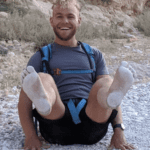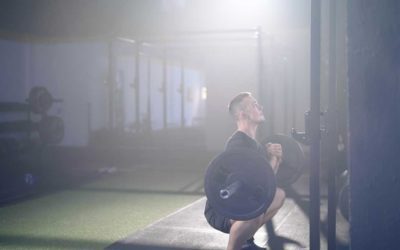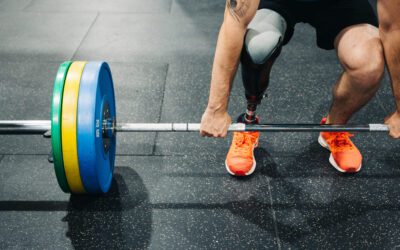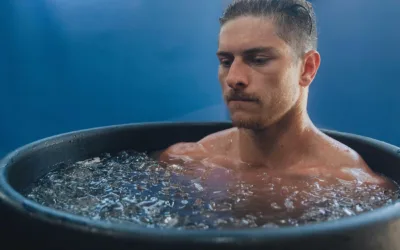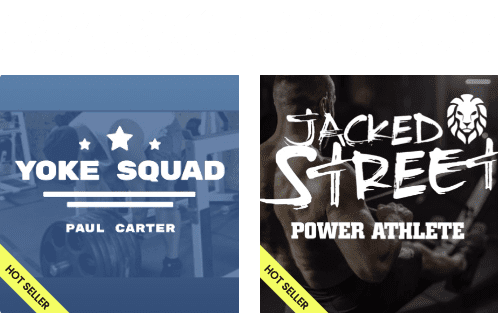Is Barefoot Training the Secret to Unlocking Your Athletic Success?
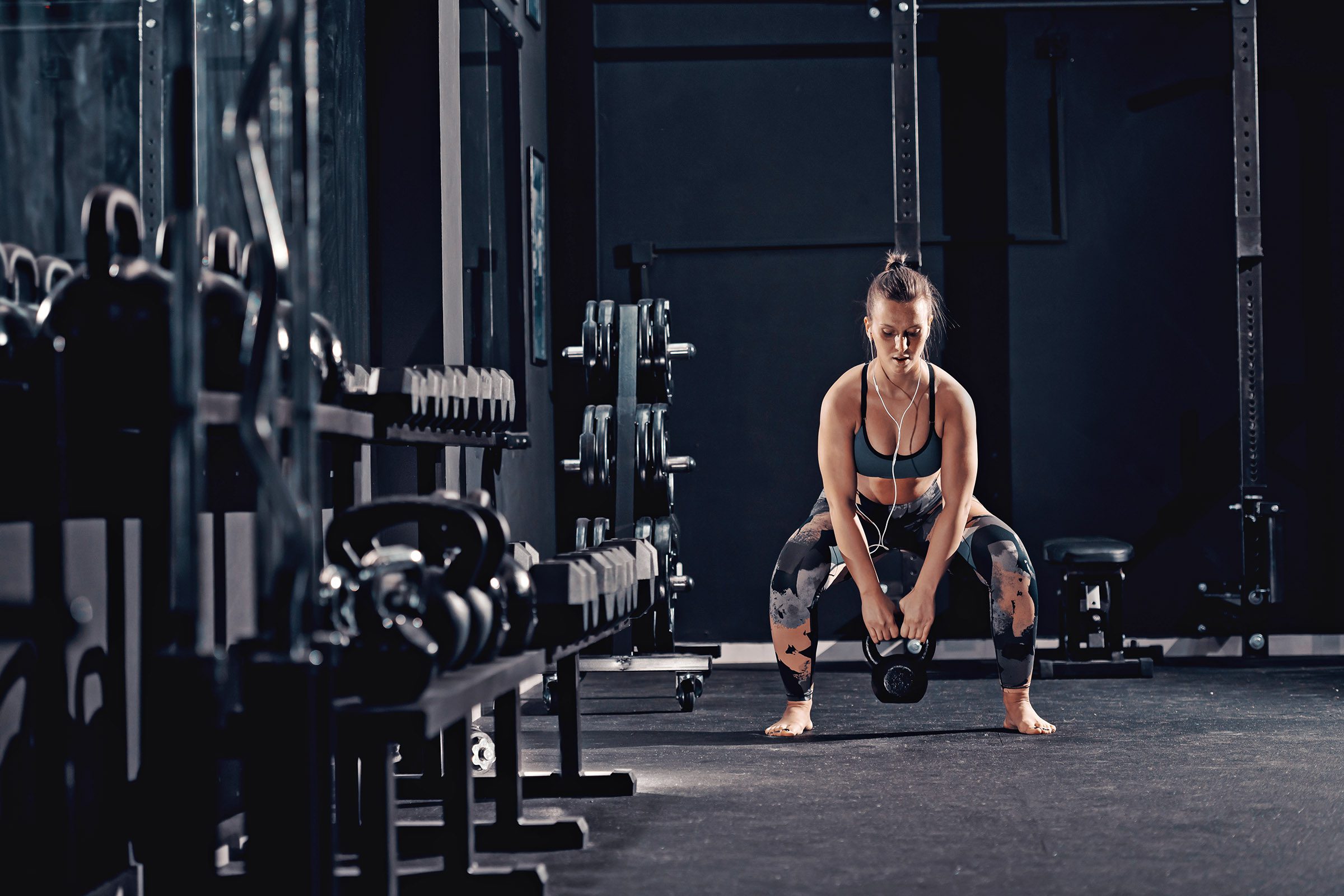
Foot mechanics are an increasingly hot topic in modern athletics. More athletes are discovering the pitfalls of shoes and the benefits of being able to use their feet properly. Maybe barefoot training has been on your radar, but where do you start?
Sean Haber is a barefoot performance coach working with athletes worldwide. He’s also the head S&C coach for the Israeli flag football national teams. Check out his resources for barefoot education at @thebarefootshoereview. In this blog, he outlines barefoot shoes, barefoot shoe roundups and barefoot education.
sean haber

Barefoot Running Started It All
Barefoot running has become increasingly popular as athletes experience the seemingly mystical benefits of going without shoes on a regular basis. Turns out building resilient feet improves your body awareness, mobility, stability, balance, and overall athletic performance in so many ways.
Abebe Bikila, a back-to-back Olympic marathon champion for Ethiopia in the 60s, took off his shoes because they were causing him painful blisters. He ran barefoot for multiple races.
But way before the book Born to Run: A Hidden Tribe, Superathletes, and the Greatest Race the World Has Never Seen by Christopher McDougall came out, old school lifters were hitting the gym barefoot for exercises like squats and deadlifts.
Many sports like MMA, beach volleyball, gymnastics and most water sports are done barefoot. And there are other unconventional examples of athletes in big sports doing great things without shoes. Tony Franklin became famous as the NFL’s “barefoot kicker” in the 80s.
You only stand to benefit by incorporating some barefoot training into your programming, especially if you want to compete at a high level. You can actually improve your entire kinetic chain by building “intelligent” feet and learning how to use them as your stable base for most of your athletic movements.
Change the Way You Train
Why Train Barefoot?
Your foot has around 30 muscles associated with its myriad functions. The bones and ligaments in your feet are essential for your most basic movements — walking, running, jumping, balancing, dancing. Even if you compete in shoes, training barefoot gives you full access to those intrinsic muscles.
Having stronger feet increases your proprioception, stability, and coordination.
You’ll also increase the springiness and elasticity of the achilles tendon by doing your workouts, especially plyometrics, without shoes. A supple achilles is harder to tear.
Specifically for runners, training barefoot can improve your stride frequency, ankle health and ability to pass through difficult or rocky terrain.
By removing our shoes, we’re eliminating many of the common aches and pains that come along with them like bunions, lower back pain, and knee pain. What causes these issues is often the traditional drop (elevated heel) and the narrow toe box in most modern shoes.
Research has shown that those with better big toe control can actually run faster. The big toe is in charge of your body’s stability. Mobile big toes can even help with your posture.
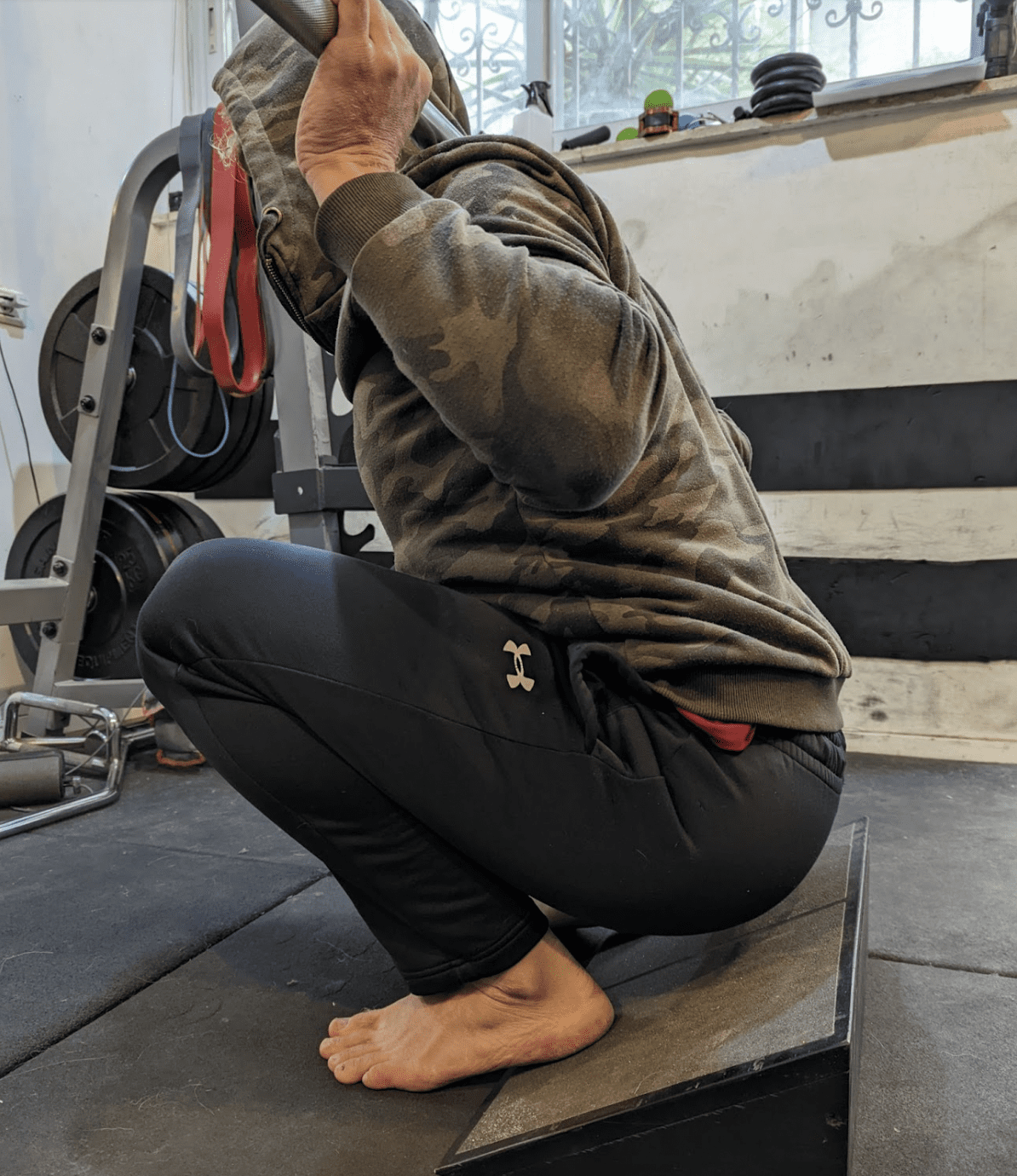
Getting Started With Barefoot Athletics
Taking your shoes off at home is a huge step to gaining the barefoot lifestyle benefits. Do your yard work barefoot. Walk to the mailbox barefoot. Go barefoot outside as much as possible if you don’t already and forget about what your neighbors think.
You should ideally warm up barefoot before compound movements like squatting and deadlifting, even if you plan on wearing lifting shoes.
For sprints, you might be a tad less stable when sprinting without shoes, so start easy and build up your distance over time. If you build strong feet from training barefoot you’ll actually enhance your sprinting performance.
Be sure to check out this article from our sister site, TrainingPeaks, for a primer on barefoot running — How to Safely Transition to Barefoot Running.
Finally, get familiar with feeling your tripod foot. This means splaying your feet, spreading your toes and pressing three points into the floor: your big toe, pinky toe, and heel. The tripod foot is key to proper positioning for so many exercises.
Barefoot Product Recs
There’s a growing variety of great products out there to help restore your foot function and toe splay, and help your foot move like it should (though nothing beats actually training barefoot for tough feet).
Here are some barefoot products we love:
Correct Toes
Correct Toes have become somewhat synonymous with the barefoot community. Designed by Dr. Ray McClanahan, Correct Toes is a silicone device that helps spread your toes in an attempt to restore your original toe alignment.
We use Correct Toes often and really like how they are anatomically shaped with spread focusing on your big toe and pinky toe. It even has gaps to add additional splay if you want.
We encourage spending as much time in these as you can in the beginning stages especially during exercise. If you start feeling discomfort or numbness, take them off. As your splay gets better, you won’t need them as much.
Lacrosse Balls
These are one of the most affordable and fantastic tools for plantar release. Their simplicity is key — you can roll and smash your foot on the ball in a variety of ways to feel your trigger points relax.
You can also use a lacrosse ball for fascia release on nearly any muscle. We use these almost daily in our barefoot transition program. You can roll your feet out passively while doing simple tasks like brushing your teeth or working from home. Find them here on Amazon.
Slant Boards
Slant boards are a great tool to increase range of motion in the ankle and train your calves and soleus in a larger range of motion. They’re also useful for training squat positioning.
We use this in the advanced phase of our barefoot transition course and for athletes during their training. Our favorite uses for slant boards are full range of motion calf raises, ankle stretching, and knee-dominant lower body exercises.
Amazon has a large variety ranging from 20$ to 60$.
Try a Barefoot Transition Course
We couldn’t skip out on including our own programs here — all of our online programs include plenty of foot and ankle strength and mobility.
Check out our barefoot transition course to get started!
Minimalist & Barefoot Shoes
Not all shoes are created with the anatomical foot in mind, but these days more are coming onto the market.
Barefoot style shoes all have a few things in common. Look for these when hunting your first pair and they’ll likely become the most comfortable shoes you own:
- Wide/Anatomical Toe Box
- Zero Drop – no elevated heel and one straight line from the heel to the toe
- Firmly attached to foot
- Flexible
- No arch support
Our favorite shoes for those transitioning are Lems.
And for those further out on the journey check out Xero shoes!
If you’re searching for a niche shoe for lifting with a super grippy sole, you can also check out Chris Duffins’s Bearfoot Shoes.
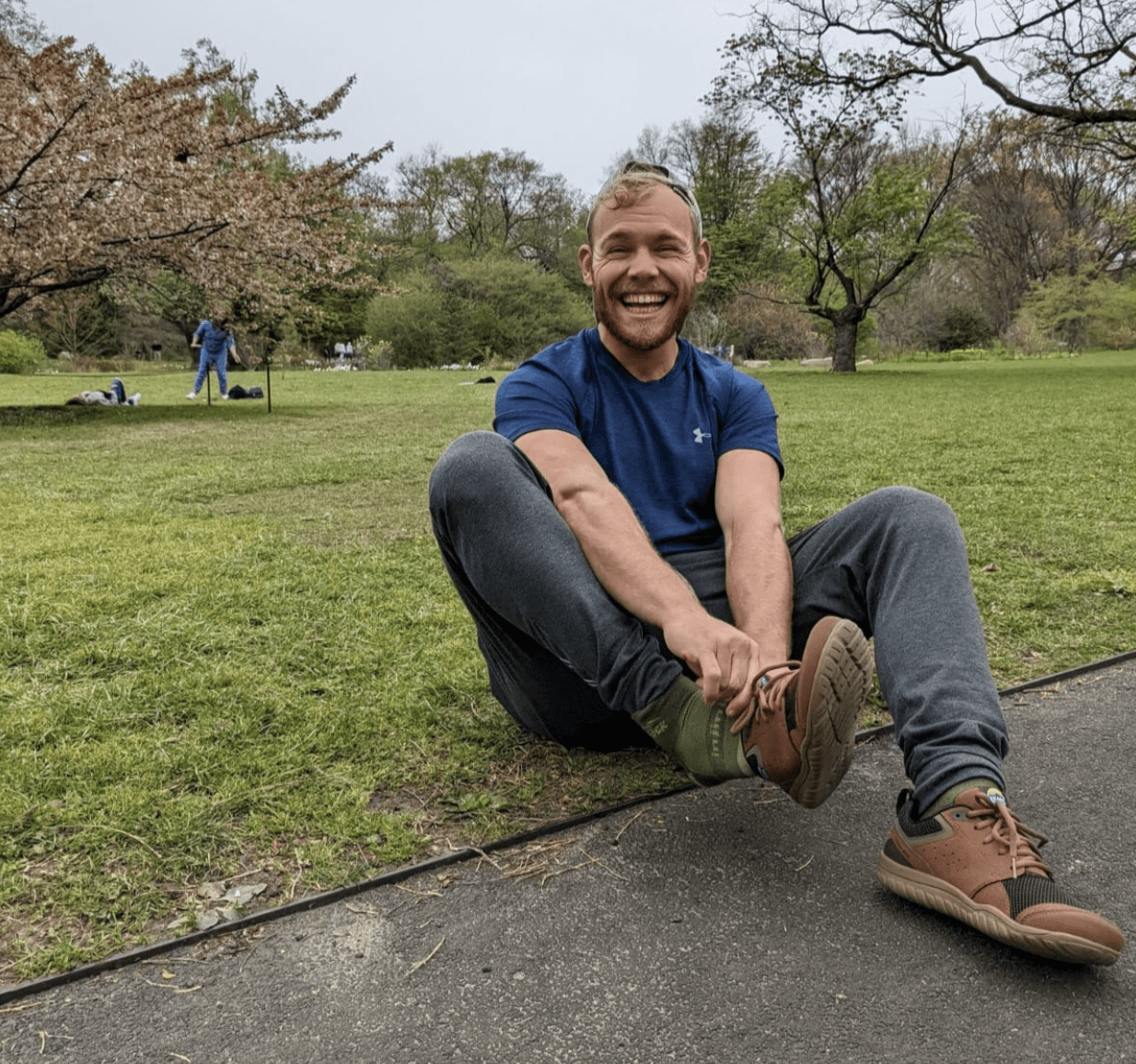
Find Your Perfect Training Plan
Sometimes all you need to reach your destination on your fitness journey is an expert guide. We've got you covered. Browse from thousands of programs for any goal and every type of athlete.
Try any programming subscription free for 7 days!
Want Training Tips, Exercise Guides & Knowledge Bombs Sent to Your Inbox?
Sign up for the FitNerd newsletter from TrainHeroic
Related articles
How To Zercher Squat: One Exercise To Rule Them All
I have a secret weapon exercise that will get us really close; it has a lot of bang for its buck. It builds massive quads, big glutes, a wide back, and some awesome biceps. Exactly what every athlete needs.
What Does Paralympic Strength Training Look Like?
Paralympians undergo rigorous training when preparing for the Paralympic Games. While the Paralympics only last about two weeks, getting ready takes place all year, as these athletes are among the most dedicated in the world. Here’s how people with disabilities...
Your Guide to Passive Recovery Strategies
What is Passive Recovery? I don’t think that there exists a complete guide for athletes that tackles the underrated topic of “Recovery-Regeneration” strategies. I plan to disclose a majority of the scientific and practical information that I know of on this topic and...

Join the community
Sign up for the latest training news and updates from TrainHeroic

About TrainHeroic
Support
Made with love, sweat, protein isolate and hard work in Denver, CO
© 2022 TrainHeroic, Inc. All rights reserved.
